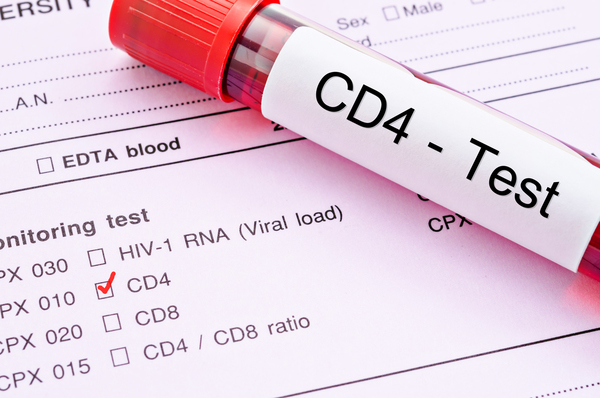Introduction
HIV (Human Immunodeficiency Virus) continues to be a significant global health challenge, affecting millions of people worldwide. While there is no cure for HIV, prevention remains the most effective approach to combat its spread. In this blog, we will explore essential strategies to reduce the chances of contracting HIV and promote a healthier, safer lifestyle.
1. Educate Yourself
Knowledge is a powerful tool in the fight against HIV. Educate yourself about the virus, its transmission routes, and high-risk behaviors. Understand that HIV is primarily transmitted through unprotected sexual intercourse with an infected person, sharing contaminated needles or syringes, and from an HIV-positive mother to her child during childbirth or breastfeeding. Stay informed about updated information on HIV prevention, treatment, and advancements in research.
2. Practice Safe Sex
Consistent and correct use of condoms is one of the most effective ways to reduce the risk of HIV transmission during sexual activities. Whether engaging in vaginal, anal, or oral sex, using condoms consistently can significantly lower the likelihood of HIV transmission. Encourage open communication with your partner about sexual health and getting tested together for sexually transmitted infections (STIs) before engaging in sexual activities.
3. Get Tested Regularly at one of the top STD clinic in Kuala Lumpur
Knowing your HIV status is crucial for early detection and prevention. Get tested for HIV and other STIs regularly, especially if you are sexually active or have engaged in high-risk behaviors. Early detection can lead to timely treatment and improved health outcomes. Many testing facilities offer anonymous and confidential testing services.
4. Reduce the Number of Sexual Partners
Limiting the number of sexual partners can significantly lower your risk of HIV infection. Engaging in sexual activities with fewer partners reduces the likelihood of encountering someone who may be HIV positive. If you have multiple partners, ensure that all parties are aware of the risks and practice safe sex consistently.
5. Avoid Sharing Needles or Syringes
If you use drugs, avoid sharing needles, syringes, or any drug paraphernalia that may be contaminated. Sharing such items can lead to the transmission of HIV and other blood-borne infections. Seek help if you or someone you know struggles with drug use and consider enrolling in needle exchange programs or rehabilitation services.
6. Pre-Exposure Prophylaxis (PrEP)
PrEP is a medication that can be taken by individuals at high risk of HIV infection to reduce their chances of acquiring the virus. If you believe you are at risk of HIV exposure, talk to a healthcare professional about PrEP. Adhering to the prescribed dosage is essential for its effectiveness.
7. Post-Exposure Prophylaxis (PEP)
If you believe you have been exposed to HIV through unprotected sex, sharing needles, or other high-risk activities, seek medical attention immediately. PEP is a short-term treatment that, when started promptly after exposure, can reduce the risk of HIV infection. Time is crucial, so don’t delay seeking medical assistance.
8. Combat Stigma
HIV-related stigma can discourage individuals from getting tested, seeking treatment, or disclosing their HIV status. It is essential to combat stigma by promoting understanding, empathy, and support for those living with HIV. Encourage open dialogue, educate others about HIV, and work towards creating a supportive and non-discriminatory environment.
Conclusion
Reducing the chances of HIV requires a combination of knowledge, responsible behavior, and access to preventive measures. By educating ourselves, practicing safe sex, getting tested regularly, and supporting those living with HIV, we can collectively work towards a world where HIV transmission is minimized, and those affected by the virus can lead healthy and fulfilling lives. Remember, prevention is always better than cure, and with the right information and actions, we can make a significant impact on curbing the spread of HIV.


